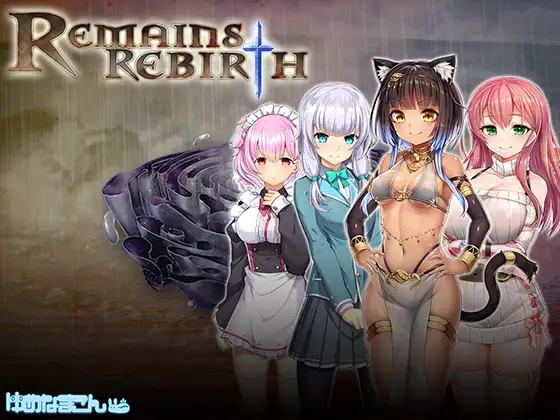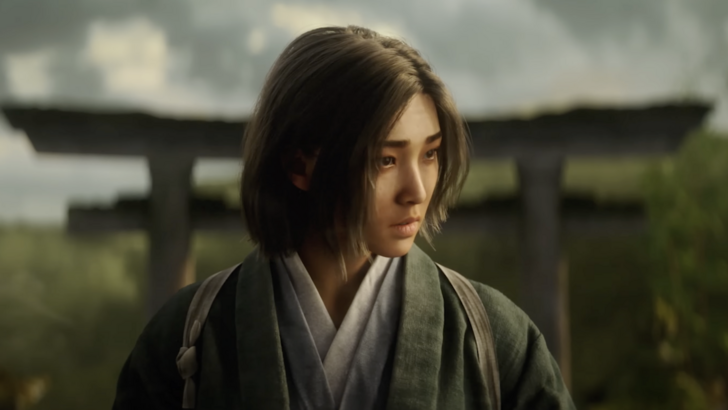 Following a string of disappointing releases and underperformance, Ubisoft faces pressure from an investor demanding a management overhaul and staff reductions.
Following a string of disappointing releases and underperformance, Ubisoft faces pressure from an investor demanding a management overhaul and staff reductions.
Ubisoft Investor Calls for Company Restructuring
Aj Investment Argues Last Year's Downsizing Insufficient
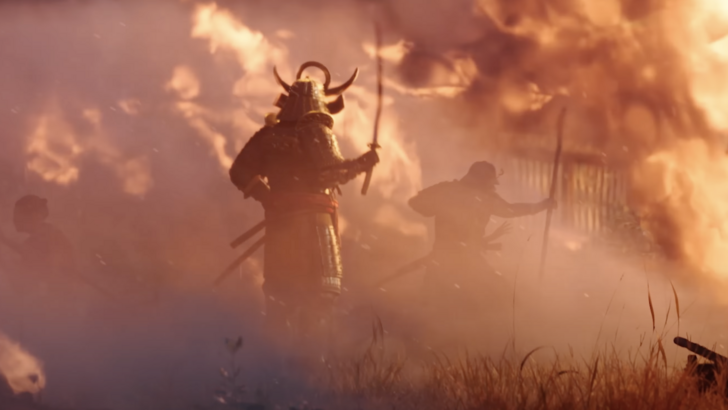 Minority investor Aj Investment has publicly urged Ubisoft's board, including CEO Yves Guillemot and Tencent, to take the company private and install new leadership. In an open letter, the investors expressed profound dissatisfaction with the company's current performance and strategic direction.
Minority investor Aj Investment has publicly urged Ubisoft's board, including CEO Yves Guillemot and Tencent, to take the company private and install new leadership. In an open letter, the investors expressed profound dissatisfaction with the company's current performance and strategic direction.
The letter cites the delayed release of key titles like Rainbow Six Siege and The Division until March 2025, a lowered Q2 2024 revenue forecast, and overall poor performance as significant concerns. Aj Investment directly proposed replacing Guillemot, advocating for a new CEO to optimize costs and studio structure for enhanced agility and competitiveness.
This pressure has impacted Ubisoft's share price, which, according to the Wall Street Journal, has plummeted over 50% in the past year. Ubisoft has yet to publicly respond to the letter.
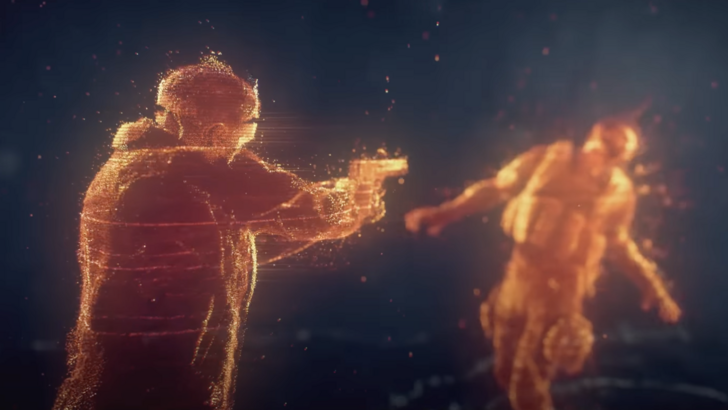 Aj Investment contends that Ubisoft's low valuation relative to its competitors stems from mismanagement and the perceived exploitation of shareholders by the Guillemot family and Tencent. The investor criticizes the company's focus on short-term gains rather than a long-term strategy prioritizing player experience.
Aj Investment contends that Ubisoft's low valuation relative to its competitors stems from mismanagement and the perceived exploitation of shareholders by the Guillemot family and Tencent. The investor criticizes the company's focus on short-term gains rather than a long-term strategy prioritizing player experience.
Aj Investment's Juraj Krupa further criticized the cancellation of The Division Heartland and the underwhelming reception of Skull and Bones and Prince of Persia: The Lost Crown. He also highlighted the underperformance of several established franchises, despite their popularity, and expressed concerns about the rushed release of Star Wars Outlaws despite high anticipation.
Ubisoft's reliance on Star Wars Outlaws to reverse its fortunes has proven misplaced, contributing to a share price decline to its lowest point since 2015, a drop exceeding 30% year-to-date.
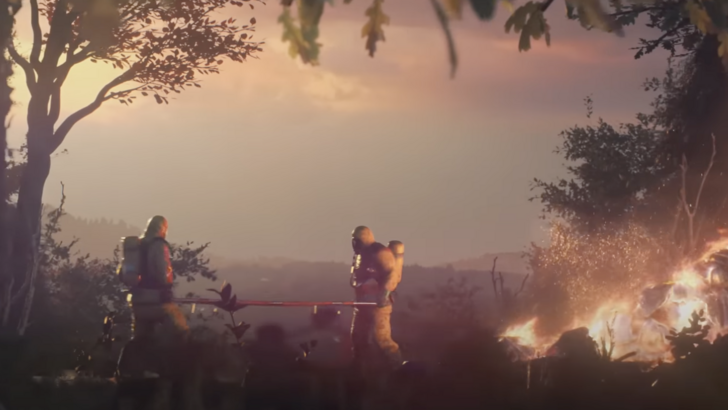 Krupa also proposed significant staff reductions, pointing to the higher revenue and profitability of competitors like Electronic Arts, Take-Two Interactive, and Activision Blizzard, despite employing considerably fewer staff. Ubisoft's workforce of over 17,000 contrasts sharply with EA's 11,000, Take-Two's 7,500, and Activision Blizzard's 9,500.
Krupa also proposed significant staff reductions, pointing to the higher revenue and profitability of competitors like Electronic Arts, Take-Two Interactive, and Activision Blizzard, despite employing considerably fewer staff. Ubisoft's workforce of over 17,000 contrasts sharply with EA's 11,000, Take-Two's 7,500, and Activision Blizzard's 9,500.
Krupa urged aggressive cost-cutting and staff optimization to improve operational efficiency, suggesting the sale of studios not essential to the development of core IPs. He views Ubisoft's 30+ studios as an excessively large and unprofitable structure. While acknowledging previous layoffs (approximately 10% of the workforce), Krupa argues that further, more decisive action is needed to ensure competitiveness in the global gaming market. He also points out that Ubisoft's planned cost reductions are insufficient to achieve this goal.


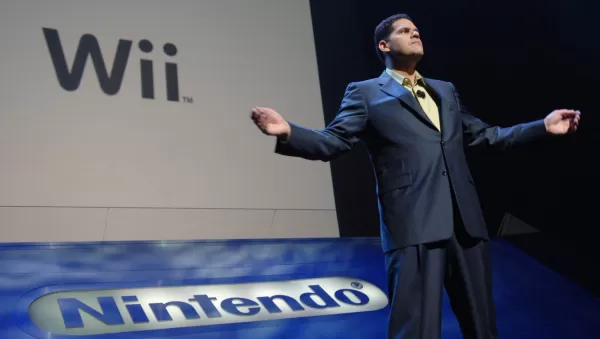







![[18+] Starlewd Valley:Re!](https://imgs.dgmma.com/uploads/37/173149215167347937c925c.jpg)















